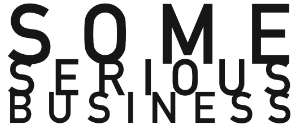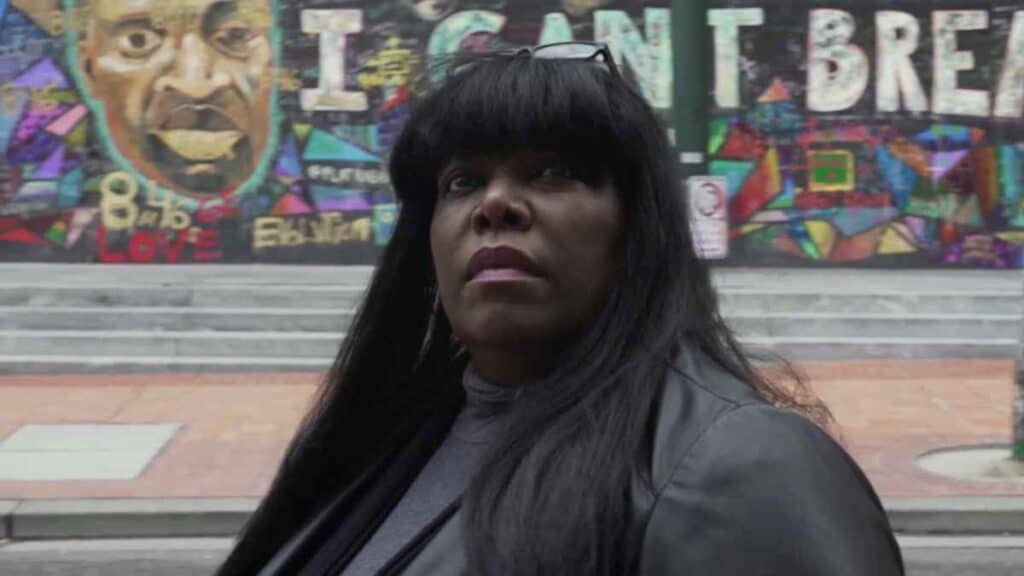Interview With Tipping Point Producer Julianne R. Johnson
What inspired you to produce Tipping Point?
As a child of the 1960s, raised in Portland, Oregon, I have experienced every form of racism—whether I personally experienced it or I witnessed it. I wanted to contribute to the ongoing movement in some way and be part of this current generation’s response to racism and police brutality. I had to figure out a way to respond that was not taking any sort of attention from the current generation’s response. I wanted to be part of the change and a witness to the change. I am the host and moderator of the We Can Listen social justice series that TOC (The Old Church Concert Hall) produces. Since COVID had shut down all public gatherings, making a documentary about what was happening in our city was a powerful way to reach people.
How did you prepare for the interviews?
Jon, the director, had met many of the interview subjects at the protests and they had volunteered to share their intimate stories and experiences. I researched and went through a pre-interview process to get a clear view of how to approach the interviewees. It was important to me that I did not manipulate their responses. The most important part of the process came from my experience being an active listener and allowing space for everyone to express themselves, no matter how painful it may be. I wanted to capture the moments when their truth came to the forefront. I wanted to do what I could to make them feel safe and heard and give them time to formulate their own thoughts. I’ve had a lot of experience with interviewing and moderating, but usually in person. I had to really use my voice to set a comfortable tone, because I was isolating at home during COVID-19, so the interviews were conducted via computer.
How did the process of making the film affect you on a personal level?
It drove me closer to my own purpose at this time, right now, and taught me how fervently I wanted to bring people into the space and have them be heard. We need to be in the room with each other and do more of that in order to hear each other’s perspectives and be okay with our differences. We have to figure out how to live side by side or we’re done. I have reconciled myself to the fact that I have to reach out. That’s my job. It’s not everyone’s calling. Those of us who do this work can’t get tired or give up. We can’t ignore our gift and its purpose.
I had revelations of my personal history with my family, who were activists. Many of the perspectives of my mother and her generation were a part of this timeline of activism. My past gave me hindsight and a chance to look back and see what they were trying to do and then follow it up to now. I could see that certain victories have occurred, but through the making of the documentary it was clear that we are not as far as we thought, and that there is so much more to do. We are just skimming the surface.
As a musician and a music professor, I can’t help but compare the soundtracks of these different eras. The sound of these times is Rap and hip hop. That has taken the place of the beat poetry, soul, and folk music I was surrounded by in the 1960’s. There are two sides to this coin we call justice. One carries the pain and one that moves toward hope. Now, we are experiencing the angst and pain musically, whereas in the past we led with hope of a new day. All approaches are necessary to represent all those who still need to be heard and recognized with dignity in this society.
Tickets are available for the Tipping Point Premiere Screening on June 15th at Alberta Abbey.

